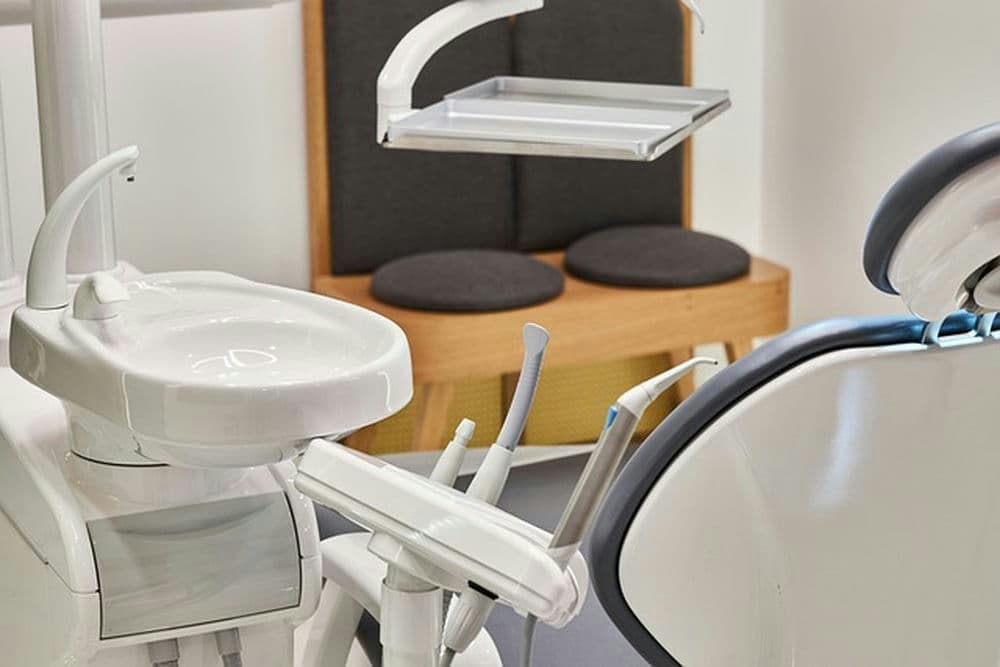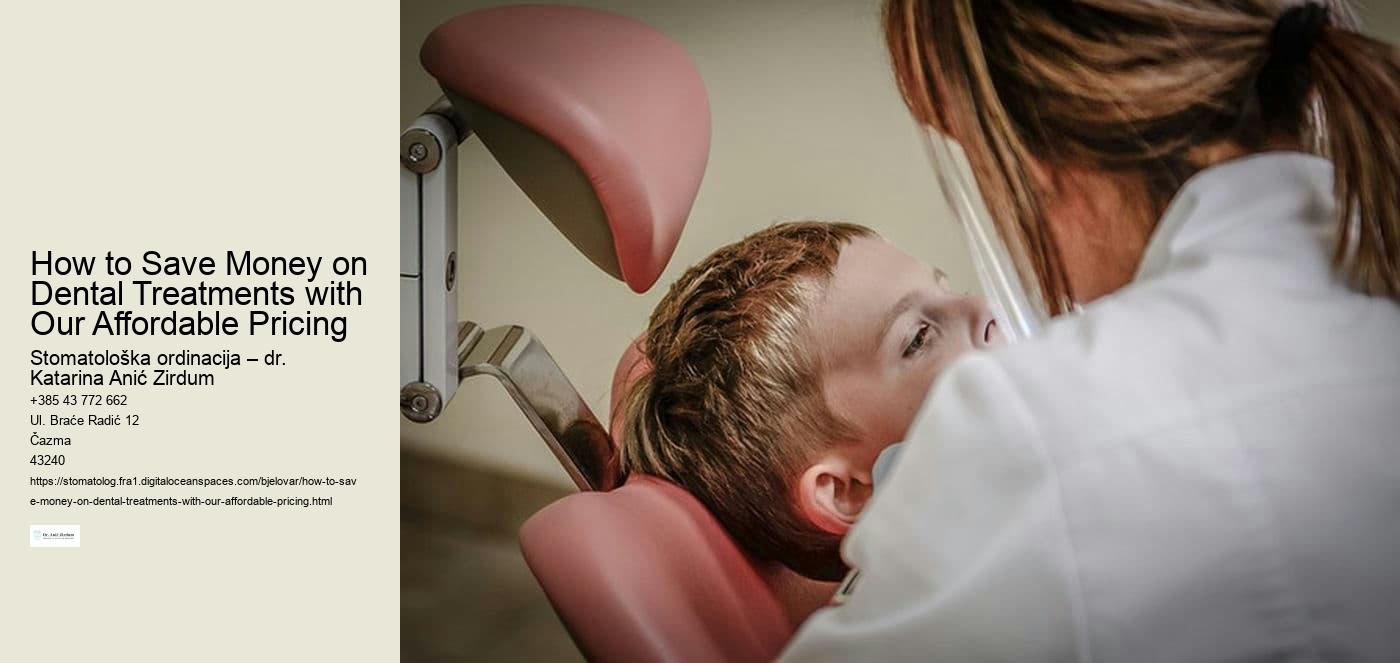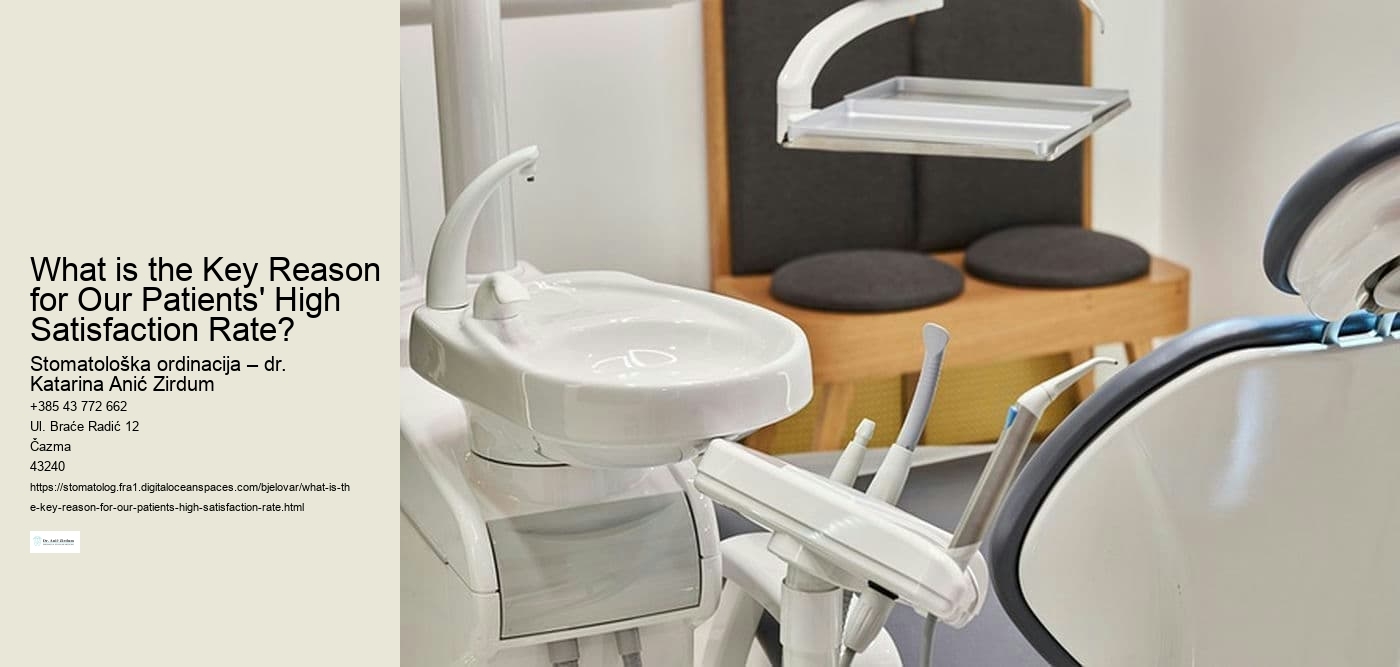mini dental implants cost
The condition of your jawbone determines how you proceed. Placing the dental implantDuring surgery to put the dental implant, your oral health practitioner makes a cut to open your gum and expose the bone. Holes are drilled into the bone where the dental implant metal post will be placed. Since the post will function the tooth root, it's implanted deep into the bone. At this point, you'll still have a gap where your tooth is lacking. A kind of partial, transient denture can be placed for look, if needed. You can remove this denture for cleansing and whilst you sleep. Waiting for bone growthOnce the metal implant post is placed in your jawbone, osseointegration (oss-ee-oh-in-tuh-GRAY-shun) begins. During this method, the jawbone grows into and unites with the surface of the dental implant. This process, that can take several months, helps deliver an amazing base for your new artificial tooth — just as roots do in your herbal teeth. Placing the abutmentWhen osseointegration is finished, you could need additional surgical procedure to put the abutment — the piece where the crown will finally attach.
all on 6 dental implants cost
)Smoke or use tobacco products. Have huge bone loss to your jaw. Have poor oral hygiene. Have extensive tooth decay. Have active or untreated gum disease. Have sure health circumstances, reminiscent of bone issues or autoimmune illnesses.
all on four dental implants cost
Patients who've obtained SmartBone®, that is a xenograft, cannot be blood nor organ donors. Bone loss at orthopaedic level may occur for here reasons:After a worrying event which is brought on by both high-energy influences and traumas in patients where the mineral bone density is below the common;After tumor surgery, corresponding to after the elimination of a tumoral mass. A dental implant is a high-tech substitute tooth that mimics the entire tooth architecture. A titanium “root” is snugly inserted into the bone and is used to help a crown, bridge or denture. It looks, feels and acts like a real tooth and may last a lifetime if properly cared for. Dr.
low cost dental implants near me
)In addition, dental implants can’t get cavities. (But they’re not invulnerable to gum sickness, so it’s still essential to follow good oral hygiene. )What are the dangers or problems of dental implants?Like any surgery, dental implant placement contains the skills for issues. Possible risks come with:Infection. Sinus damage. Nerve damage.
best dental implants near me
It can be easily removed for repair or daily cleansing. Fixed. In this kind, a synthetic tooth is completely screwed or cemented onto an individual implant abutment. You can't remove the tooth for cleaning or during sleep. Most of the time, each crown is attached to its own dental implant. However, given that implants are above all strong, a few teeth can be replaced by one implant if they're bridged in combination.
one day dental implants near me
It’s bio-suitable, that means that it’s non-toxic and never rejected by the body. All in all it makes a magnificent alternative tooth. Dental Implants prevent bone lossThe Benefits of Dental ImplantsBone loss occurs in the jaw when there are no tooth roots (or implants) maintaining the jaw bone motivated. Where there's no tooth, the jaw bone in the empty space deteriorates due to loss of stimulation. If no implant is placed in the first year of losing a tooth, that bone area loses 25% of its volume, and bone loss maintains over the years. Dentures also can accelerate bone loss as they regularly become loose, and then rub in opposition t the bony ridge, progressively dressed in it away.

local dental implants
Have large bone loss in your jaw. Have poor oral hygiene. Have extensive tooth decay. Have active or untreated gum ailment. Have certain health conditions, similar to bone disorders or autoimmune ailments. Every person is different with a completely unique health history.


